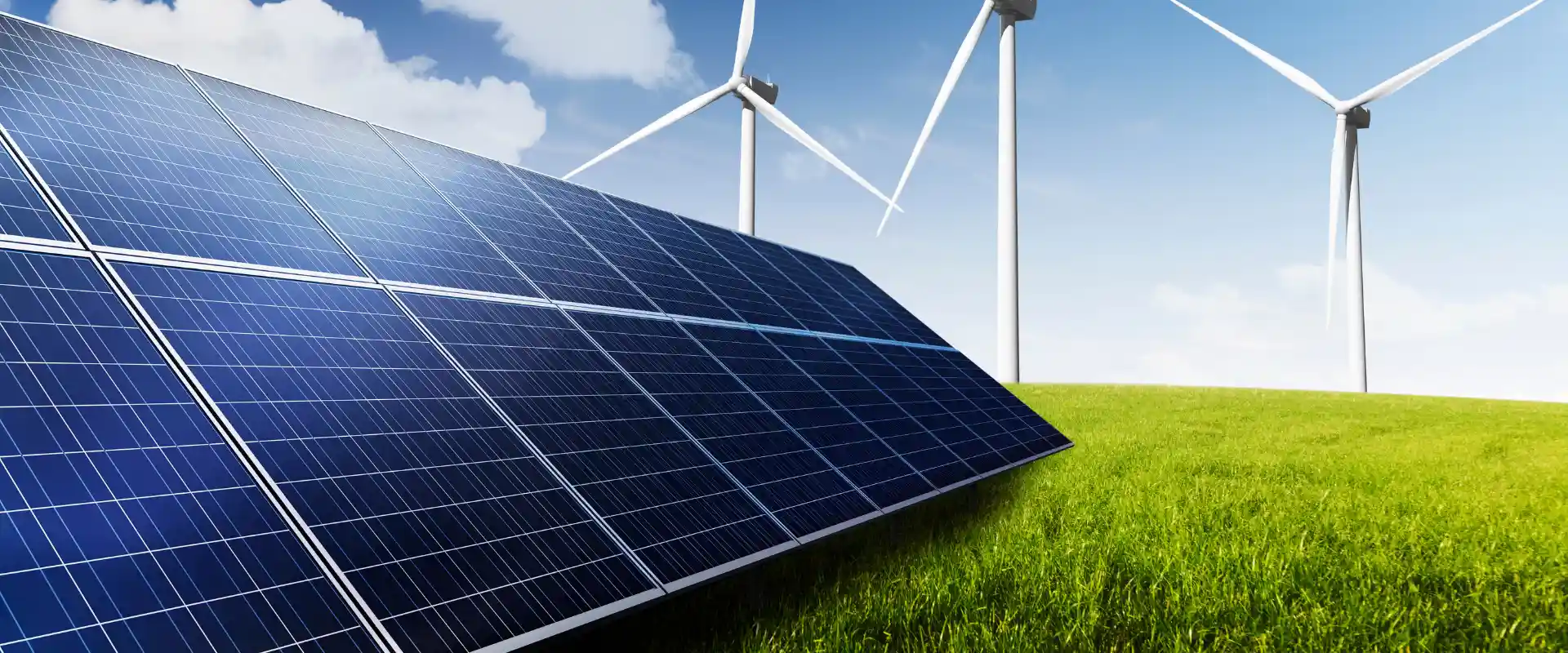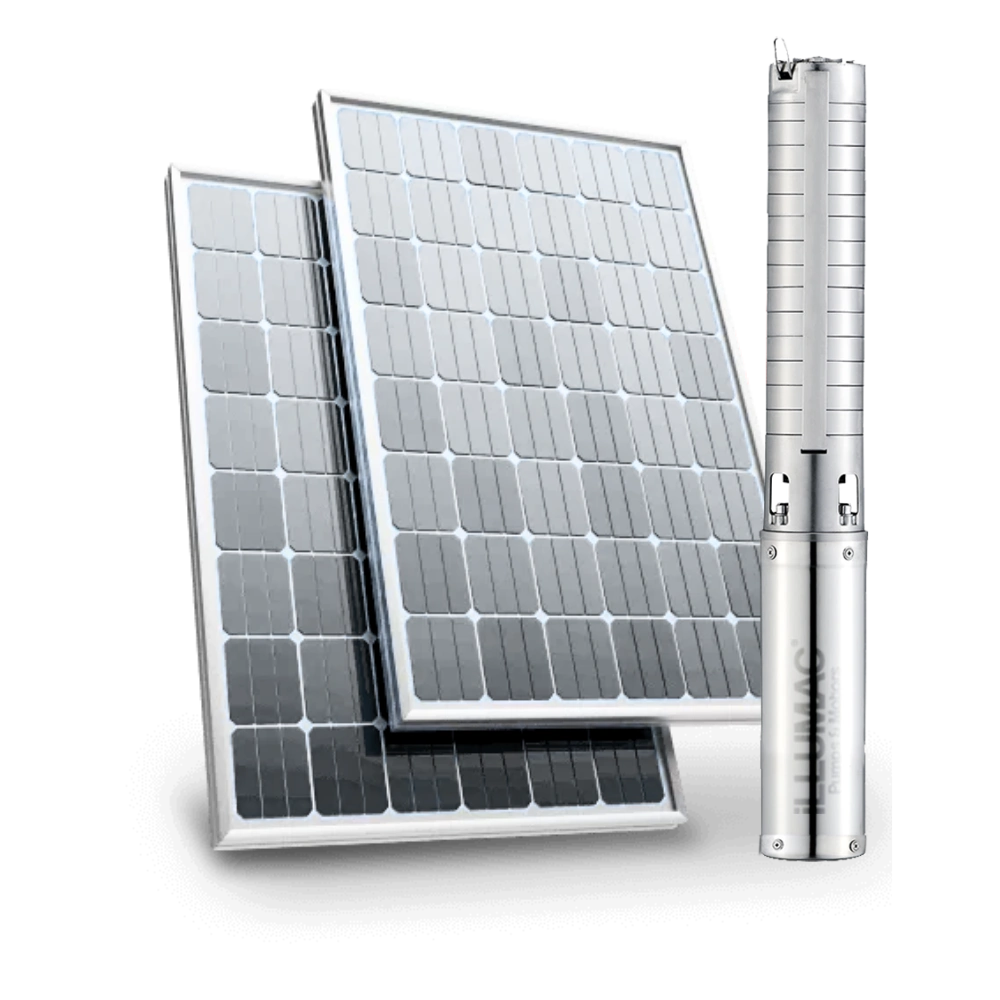- Home
- Blog
On-Grid vs Off-Grid vs Hybrid Solar Systems : Which One is Right for You?

Introduction
What Are the 3 Main Types of Solar Systems?
Type | Connected to Grid? | Uses Battery? | Ideal For |
|---|---|---|---|
On-Grid | Yes | No | Cities, commercial, net metering |
Off-Grid | No | Yes | Remote areas, no electricity |
Hybrid | Yes | Yes | Backup + bill savings |
1. On-Grid Solar Systems
Also known as grid-tied systems, on-grid solar setups are directly connected to the local electricity grid. They produce electricity during the day and feed any excess back into the grid.
How it works:
Solar panels generate power
Power is used in real-time
Surplus is exported via net metering
No battery is required
Best For:
Homes in urban or semi-urban areas
Offices, showrooms, schools
Users with high daytime energy usage
Key Benefits:
- Lower electricity bills
- Subsidy available under government schemes
- Simple design and maintenance
Limitations:
- No power backup during outages
- Depends on grid availability
2. Off-Grid Solar Systems
How it works:
Panels generate power during the day
Power runs loads and charges batteries
Batteries provide electricity at night or during cloudy days
Best For:
Remote villages, farms, forest areas
Telecom towers, rural institutions
Places with no or poor grid connectivity
Key Benefits:
- 100% power independence
- Works in remote or disaster-prone regions
- Ideal for critical or 24/7 energy needs
Limitations:
- Higher upfront cost (due to batteries)
- Battery maintenance and replacement needed
3. Hybrid Solar Systems
How it works:
-
Uses solar power first
-
Excess charges the battery
-
Grid power is used only when needed
-
Can supply power during outages
Best For:
Homes, hospitals, dairy farms, commercial spaces
Areas with unreliable grid
Those looking for both savings & backup
Key Benefits:
- Power backup + bill reduction
- Smart energy usage prioritization
- Works day and night
Limitations:
- Higher cost than on-grid (due to battery)
- Slightly more complex setup
Comparison Table: On-Grid vs Off-Grid vs Hybrid
Feature | On-Grid | Off-Grid | Hybrid |
|---|---|---|---|
Grid Dependency | Yes | No | Partial |
Battery Requirement | No | Yes | Yes |
Power Backup | No | Yes | Yes |
Cost | Lowest | Medium–High | High |
deal For | Bill savings | Remote access | Backup + savings |
Net Metering | Yes | No | Yes |
What Should Farmers or Rural Users Choose?
-
Access to grid power: If grid power is unreliable or unavailable, go for off-grid or hybrid.
-
Daily usage needs: Large irrigation or dairy setups may benefit from hybrid to ensure 24/7 power.
-
Budget and ROI expectations: On-grid is great for reducing bills, off-grid ensures independence.
Real-Life Example
Customer: Medium-size farmer with irrigation & livestock
Solution: 5HP solar submersible pump + hybrid solar inverter + 10kWh battery
Result:
-
Daily irrigation + dairy equipment powered
-
Zero electricity cost
-
Unaffected by power cuts
ILLUMAC Solar System Options
- On-Grid Systems (1kW to 50kW+)
- Off-Grid Packages (with battery bank)
- Hybrid Systems with smart controller + remote monitoring
- Solar Inverters: MPPT, Hybrid, Grid-Tie
- Custom Solar + Pump Bundles
Final Thoughts: Which System is Right for You?
Ask yourself:
-
Do I have access to grid electricity?
-
Do I need backup during outages?
-
What’s my daily energy requirement?
-
Is subsidy or net metering available in my area?
Still unsure? Let our experts help you assess your site and design a cost-effective, future-ready solar system tailored for your needs.

